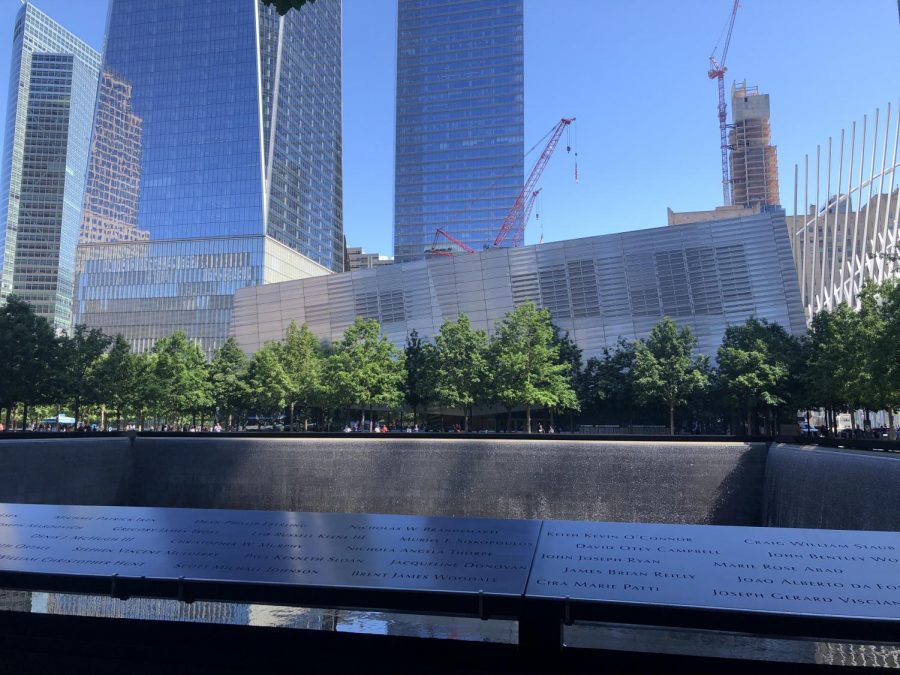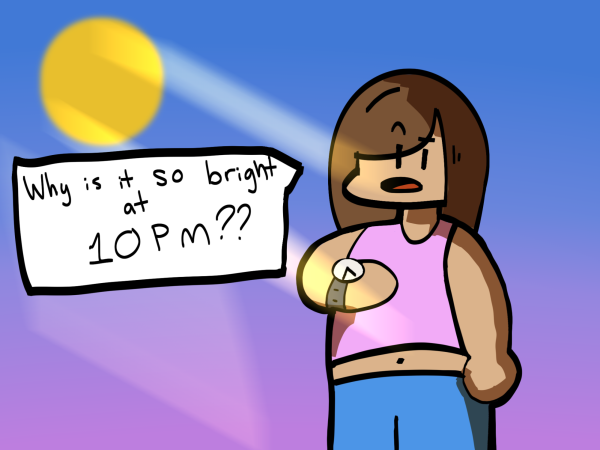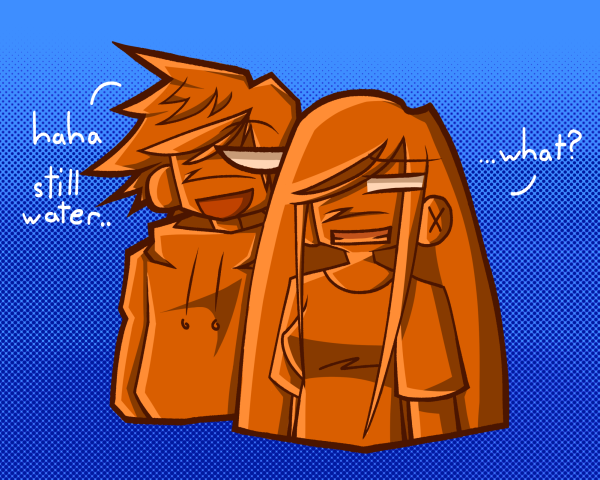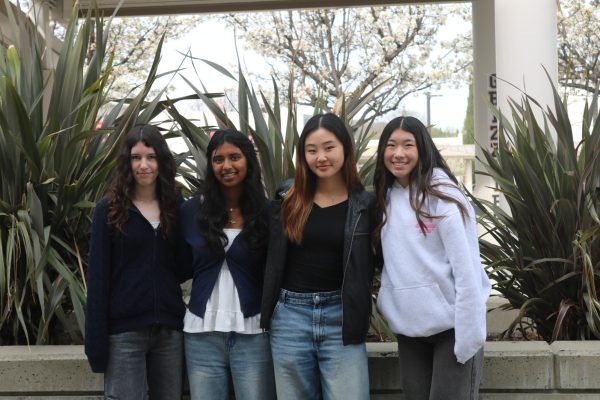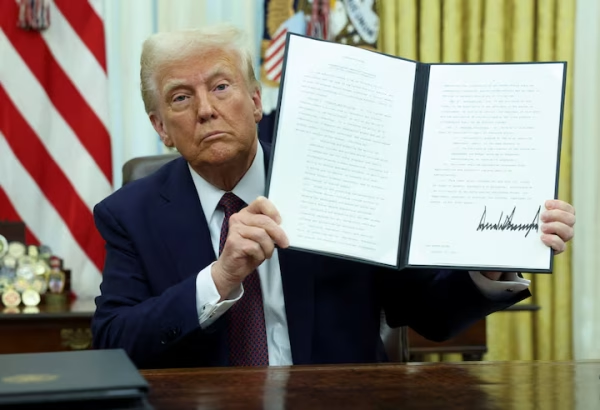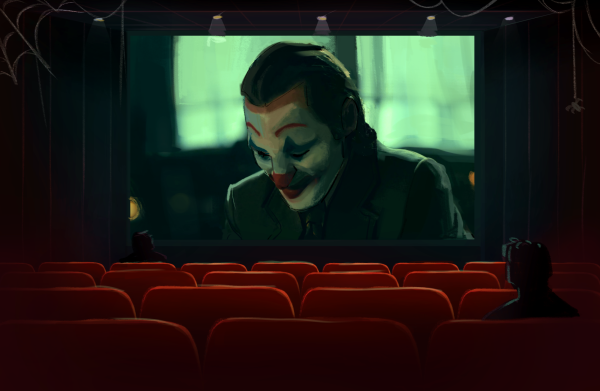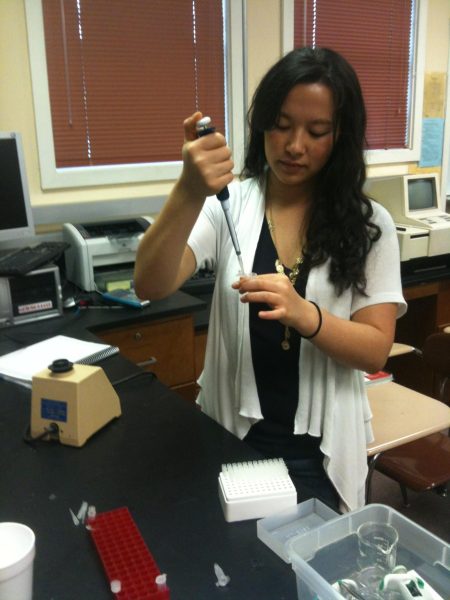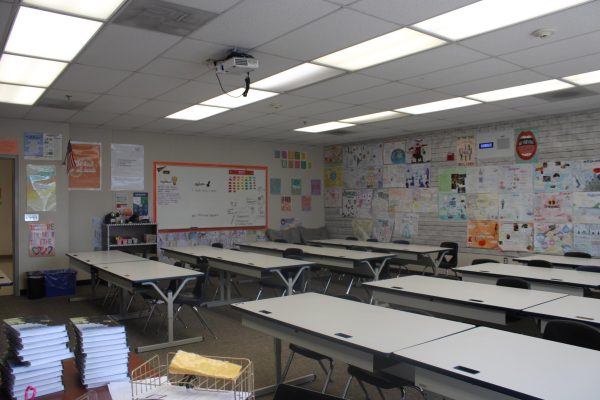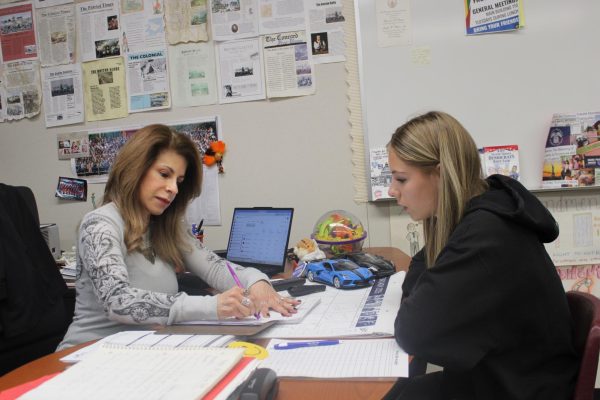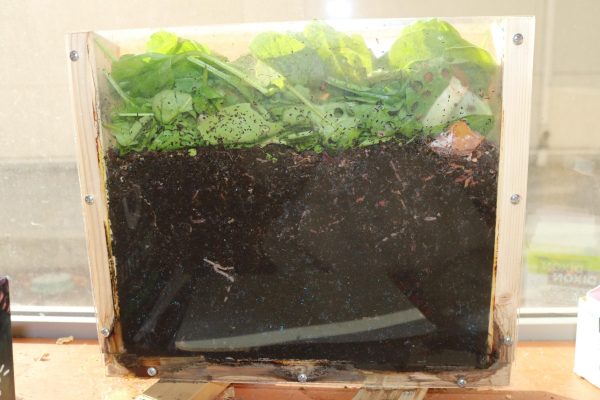Teachers remember 9/11 20 years later
The terrorist attacks on the Twin Towers and Pentagon made a lasting impact
The 9/11 Memorial in lower Manhattan replaced the Twin Towers, which were destroyed in the terrorist attacks of Sept. 11, 2001.
No Cal High students were alive 20 years ago today when a dark day in American history unfolded.
But those who were alive vividly remember where they were at 8:46 a.m. EST, on Sept. 11, 2001, when the course of the world was forever changed.
Members of Al-Qaeda crashed American Airlines Flight 111 into the North Tower of the World Trade Center in New York City, commencing the attacks of 9/11.
The tragedy — which included a second plane crashing into the South Tower 17 minutes later, another plane crashing into the Pentagon, and a fourth plane headed for the Capitol Building crashing in Pennsylvania — resulted in the deaths of 2,977 people, including San Ramon resident Thomas E. Burnett, who helped foil hijackers’ plans to crash Flight 93 into the Capitol Building. It sent shockwaves throughout the world and affected many Cal High teachers.
AP United States History teacher Chris Doherty, who was teaching at Cal at the time, recalled hearing about the attacks while driving to school from the hospital, where he spent the night with his wife who was going into labor.
“I turned on the radio and heard the news,” Doherty said. “I was in disbelief when I first heard. Then there was confusion. The thought of crashing a plane into a building was kind of shocking at the time. I also had to deal with students that were upset. There were class discussions later. I had to address it right away.”
Doherty also taught Cal High student Kyle Crowley who died in the Iraq War. The reaction by the U.S. government to the 9/11 attacks partly contributed to the U.S. invasion of Iraq in 2003. There is memorial dedicated to Crowley on campus near the old gym.
“I have had a student named Kyle Crowley die in combat because of the decisions made following 9/11,” Doherty said. “I had to discuss the situation in class. It was a whole, sad mess. The reason we bring it up is because the event has ramifications beyond what you expect. Kyle didn’t know he was gonna die. He was a clueless kid. He only found out then.”
AP European History teacher Ryan Cook, who was in fourth grade at Walt Disney Elementary at the time, remembers how the news broke to him.
“I was trying to pretend to be sick to stay home from school and my mom was going through the whole ‘get up and go to school’ routine when my dad called my mom,” Cook said. “He was on speaker phone and told us, ‘Oh my God, turn on the news, have you seen what is happening?’ My mom was confused until she finally turned on the news and that was that.”
Even though he was so young, Cook said Sept. 11 affected him personally.
“I remember there was a girl in my class whose dad was a firefighter and he flew to NYC to help clear the rubble [from the collapsed Twin Towers] and help out,” Cook said. “I remember her being super upset, and I remember feeling bad because she was a friend.”
Global Studies teacher Hannah Cheng was a grade above Cook when 9/11 happened. She said she was at home, getting ready for school and watching the breaking news on TV.
“I don’t remember why I still remember it, but there was this very ominous feeling,” Cheng said. “When I went to school that day, I remember the adults and the staff in the same ‘ominous, we are still in the dark’ kind of mood. I remember seeing all the details. The clips of planes crashing into the towers were replayed over and over again on the news.”
AP US History teacher Troy Bristol, then a junior in high school, found out about the attacks after he had arrived at De La Salle in the morning.
“My parents were gone because they were already at work. I didn’t watch the news, and got to school without turning on the news because I drove there listening to CDs,” Bristol said. ”I was at school when my friend went ‘OMG this happened.’ I thought we were complaining about how school sucked, but I realized soon after that something had happened. It wasn’t like we had phones then so I didn’t hear the news till later.”
Bristol also remembers the shock that followed in the aftermath.
“The reaction at the time was so many different emotions, where there was a general disbelief that there was a thought that America was invincible and that something like this couldn’t happen here,” Bristol said.
Bristol said he perceived an increase in extreme nationalist thinking after the attacks.
“In the months that followed, things became crazy, because there was this hyper-patriotism that emerged that led to a lot of people to lose critical thinking skills and it felt like the government took advantage of that,” Bristol said. “If you were someone who questioned it, you were seen as unpatriotic, and that was the worst thing to be then.”
The attacks also have affected the way teachers discuss class material.
“[9/11] has kind of affected the way I look at, teach, and talk about current affairs, especially affairs within the Middle East,” Cheng said. “I think the biggest change was the way history curriculum is discussed then and the talks in my professional circles, but in my day-to-day and personal life, it didn’t and doesn’t take a huge space in our conversation unless it’s September.”
Cook said he has mentally withdrawn from thinking about the attacks and the resulting War on Terror.
“I can realize the momentousness of that moment when the plane hit the tower,” Cook said. “It was an ‘oh s***’ moment, not only because lives were lost, but also because it changed the course of the world forever. It is hard not to feel cynical and bitter about the whole situation.”
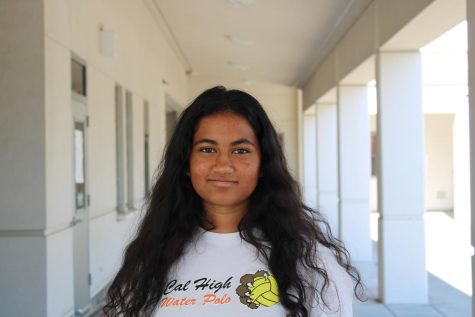
Senior Nimisa Panda is one of the Features Editors for The Californian. She started writing for the paper her sophomore year and stayed on the staff because...
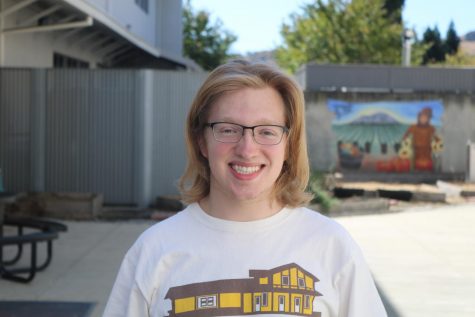
Senior Nicholas Harvey is the Editor-in-Chief for The Californian. Writing for the paper since freshman year, Nicholas is especially interested in the...
